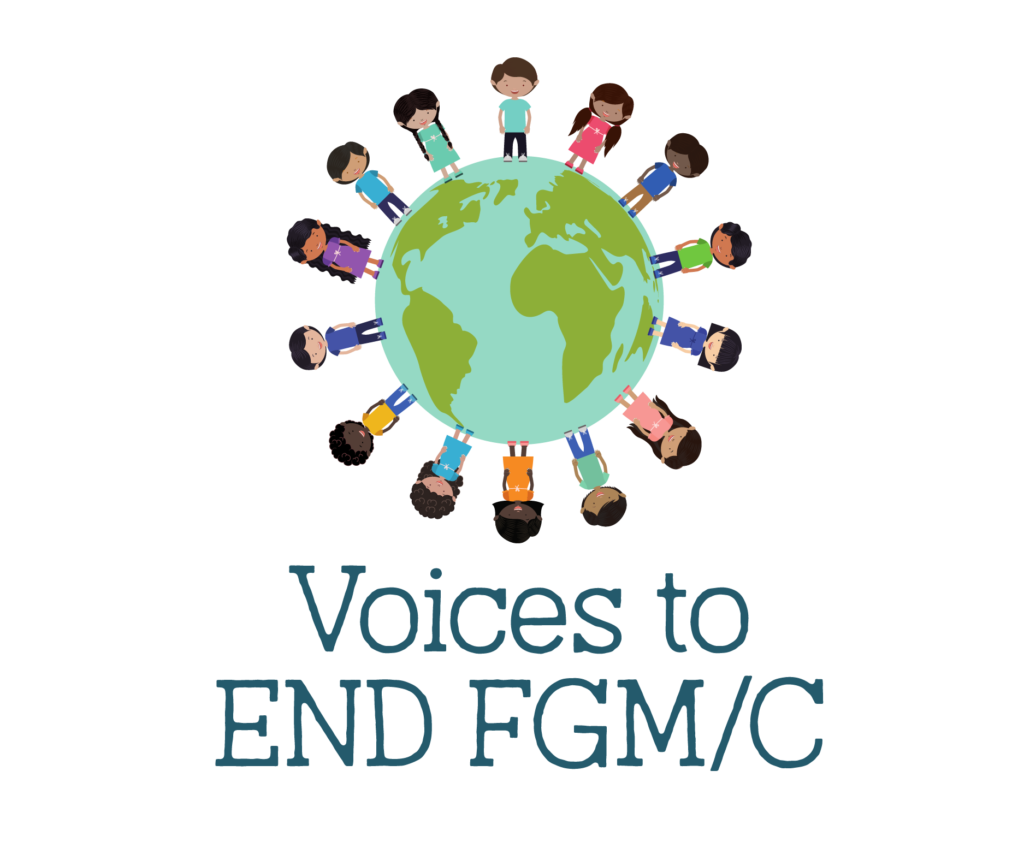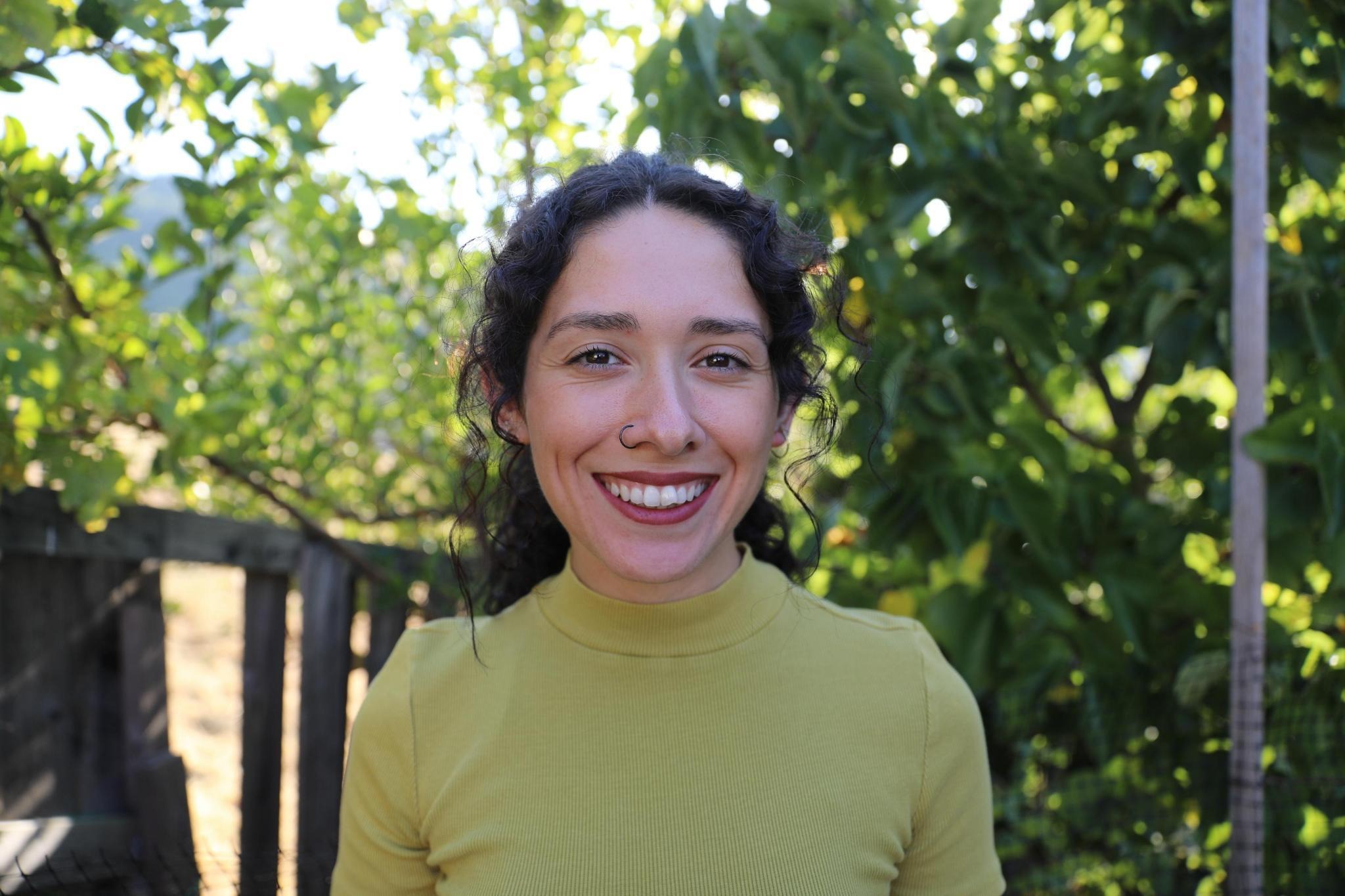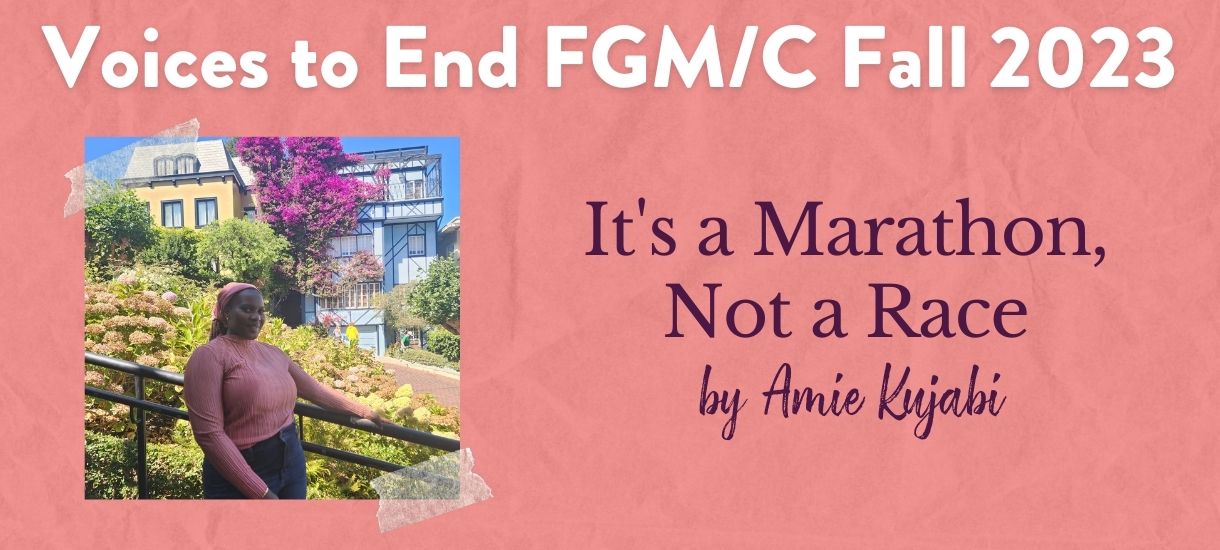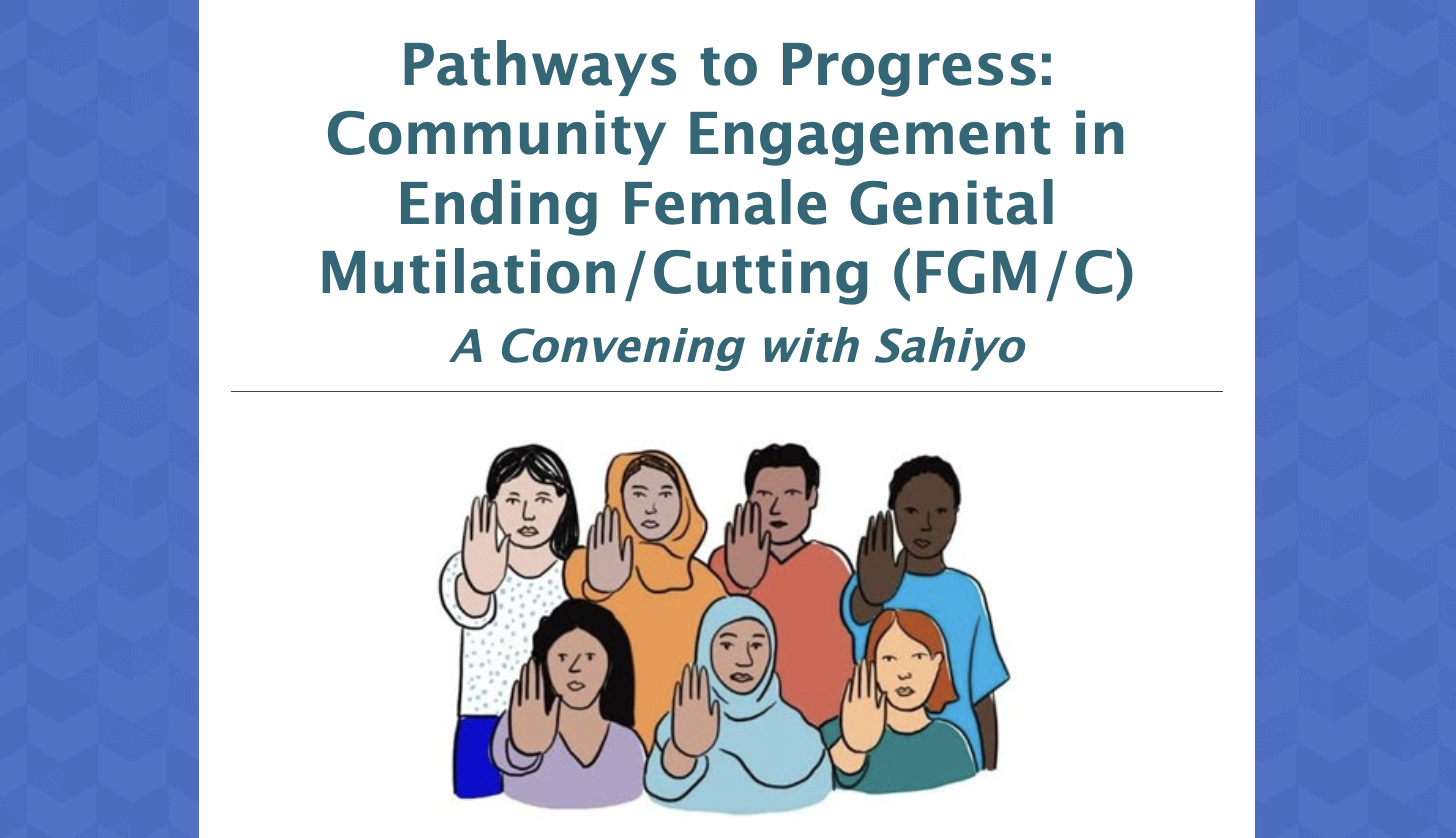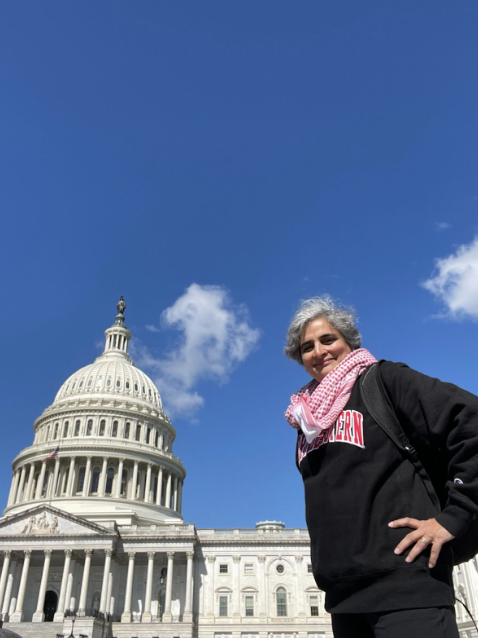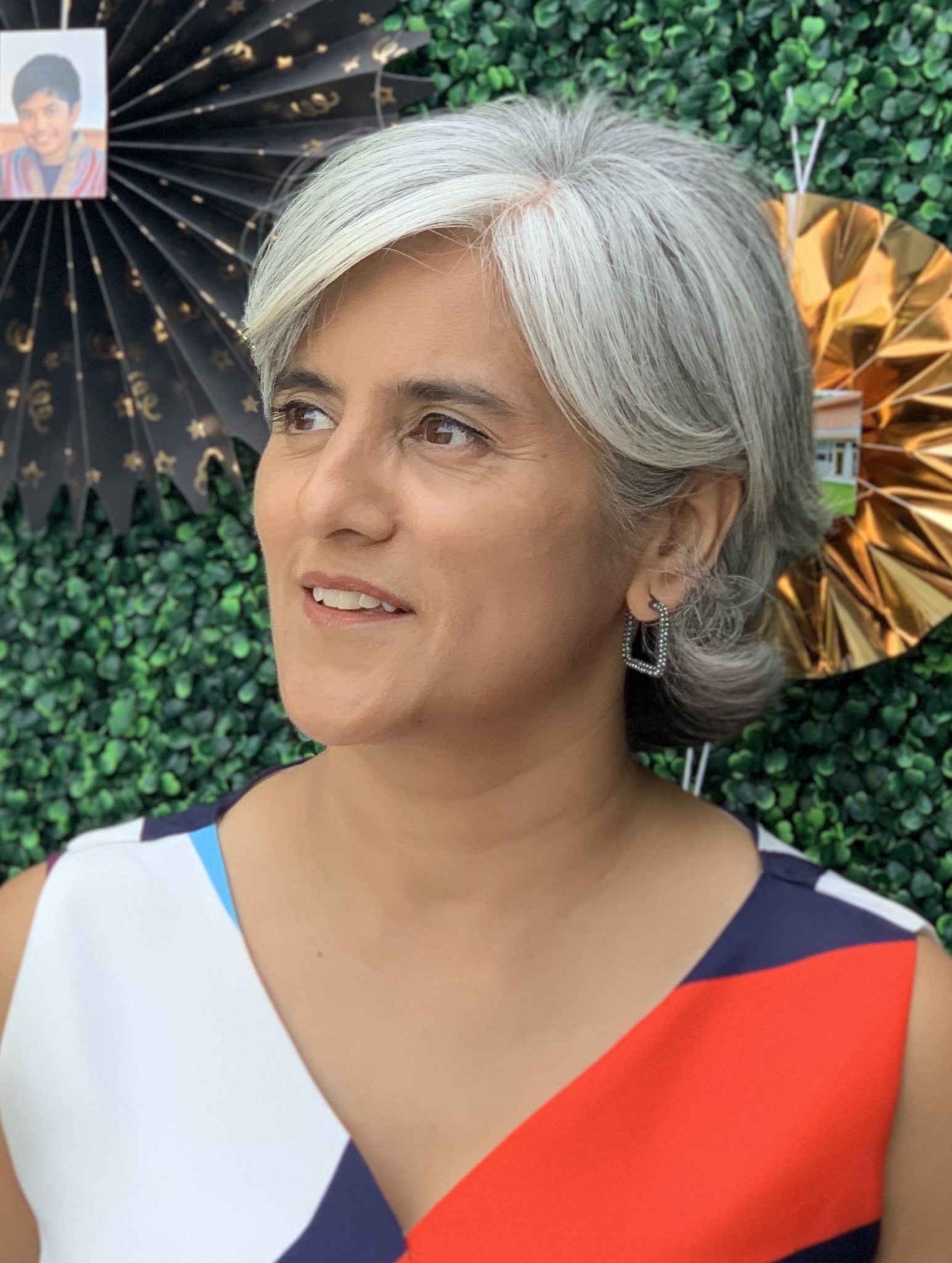We are thrilled to announce the launch of the Voices to End FGM/C Screening Guide, an educational resource developed by Sahiyo, Silence Speaks, and the Asian Women’s Shelter. This guide marks a significant step forward in our collective efforts to amplify the voices of survivors, educate people, and mobilize communities to support ending female genital mutilation/cutting (FGM/C).
Supported by the Wallace Global Fund and the Office for Victims of Crime, U.S. Department of Justice, the guide is designed to help everybody facilitate impactful screenings of digital stories by survivors, activists, and advocates. These stories are not just narratives; they are powerful testimonies of resilience, courage, and the human spirit's ability to overcome.
Why This Guide Matters
FGM/C is a social norm justified by a variety of reasons, yet it carries significant implications for women's health, rights, and well-being. The Voices to End FGM/C Screening Guide stands as a crucial step forward in our collective efforts to raise awareness, foster understanding, and drive change. The guide offers a wealth of tools and templates to assist in organizing screenings of Voices to End FGM/C videos, whether within organizations, schools, or informal gatherings. It aims to create a space for learning, reflection, and action, encouraging participants to move from awareness to advocacy. By hosting a screening, you contribute to a larger dialogue about human rights, gender equality, and the urgent need to end FGM/C.
What You'll Find Inside
The guide serves as a comprehensive toolkit for anyone committed to ending FGM/C, providing the following information:
- Detailed screening guidelines
- Discussion prompts
- Event planning tools
- Resources for organizing engaging and informative screenings
- A selection of digital stories from our Voices project
We encourage you to visit our Voices to End FGM/C website and browse through the diverse narratives from around the globe.
Join the Movement
By exploring the Voices to End FGM/C Screening Guide, you're taking a significant step towards raising awareness and creating opportunities for dialogue. We hope this guide becomes more than just a resource; we want this guide to serve as a call to action for everyone who believes in the power of storytelling to inspire change.
We invite you to join us in this vital movement. For any questions or to learn more about our Voices program, please reach out to us atThis email address is being protected from spambots. You need JavaScript enabled to view it..
Related:

